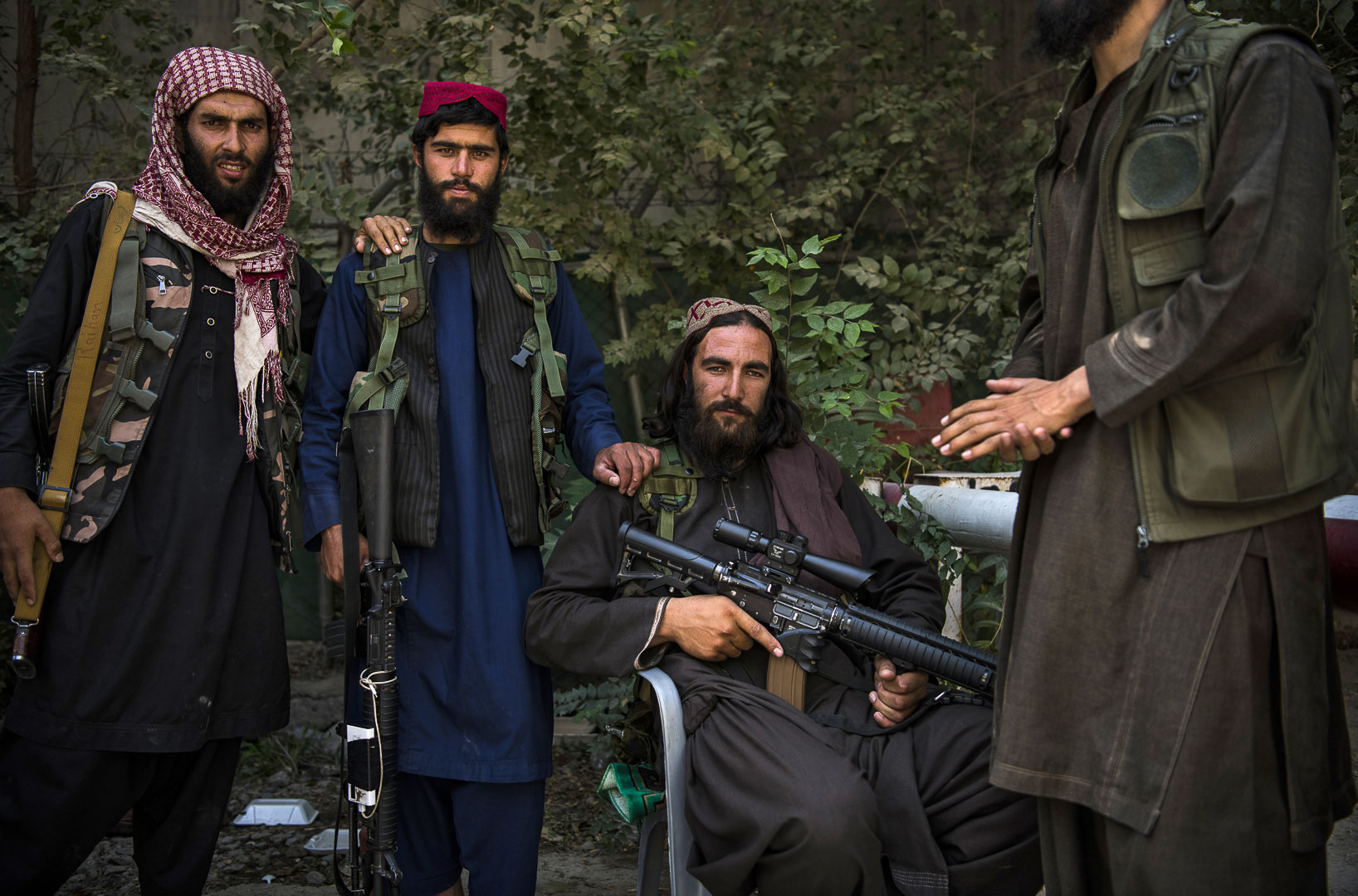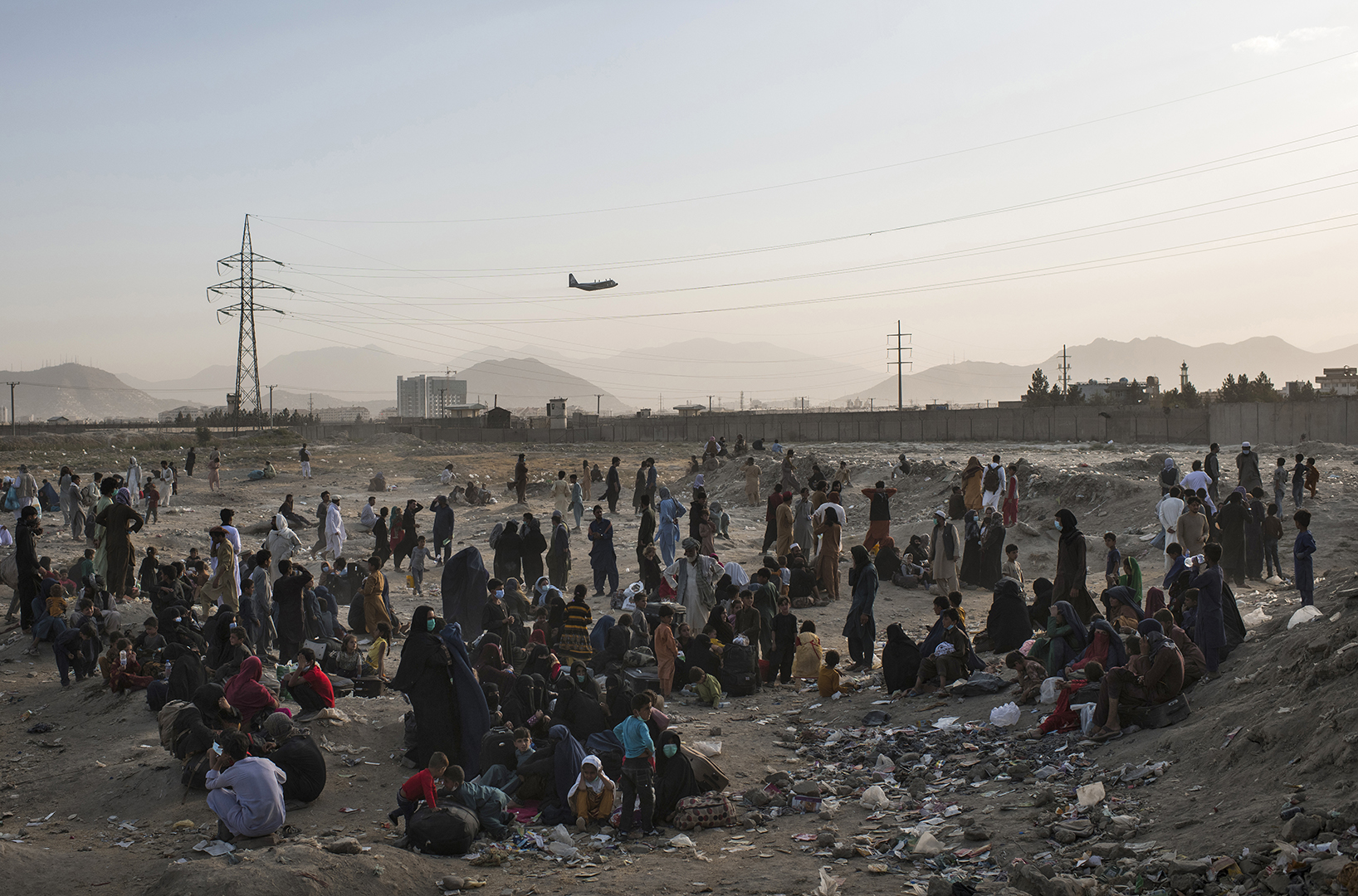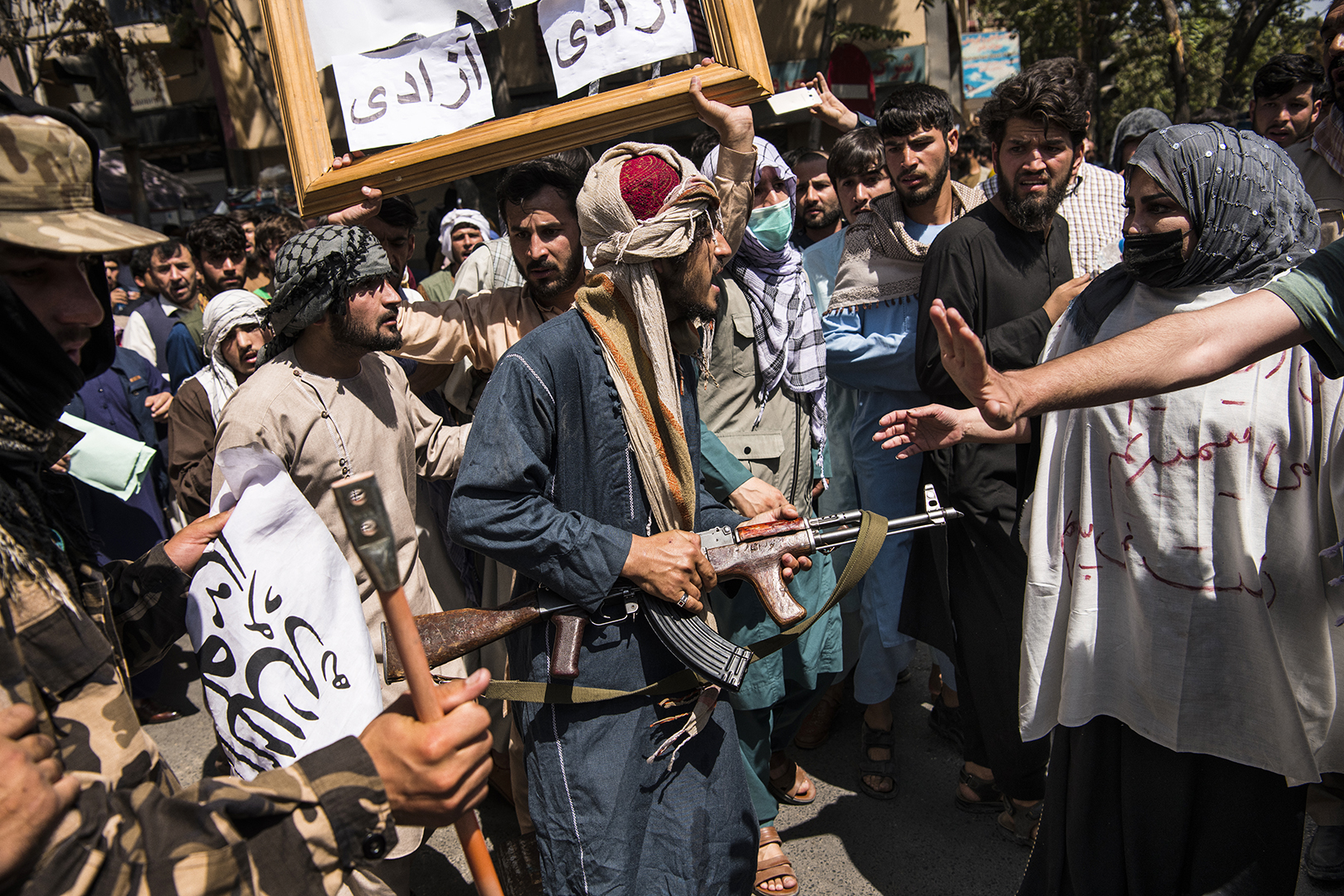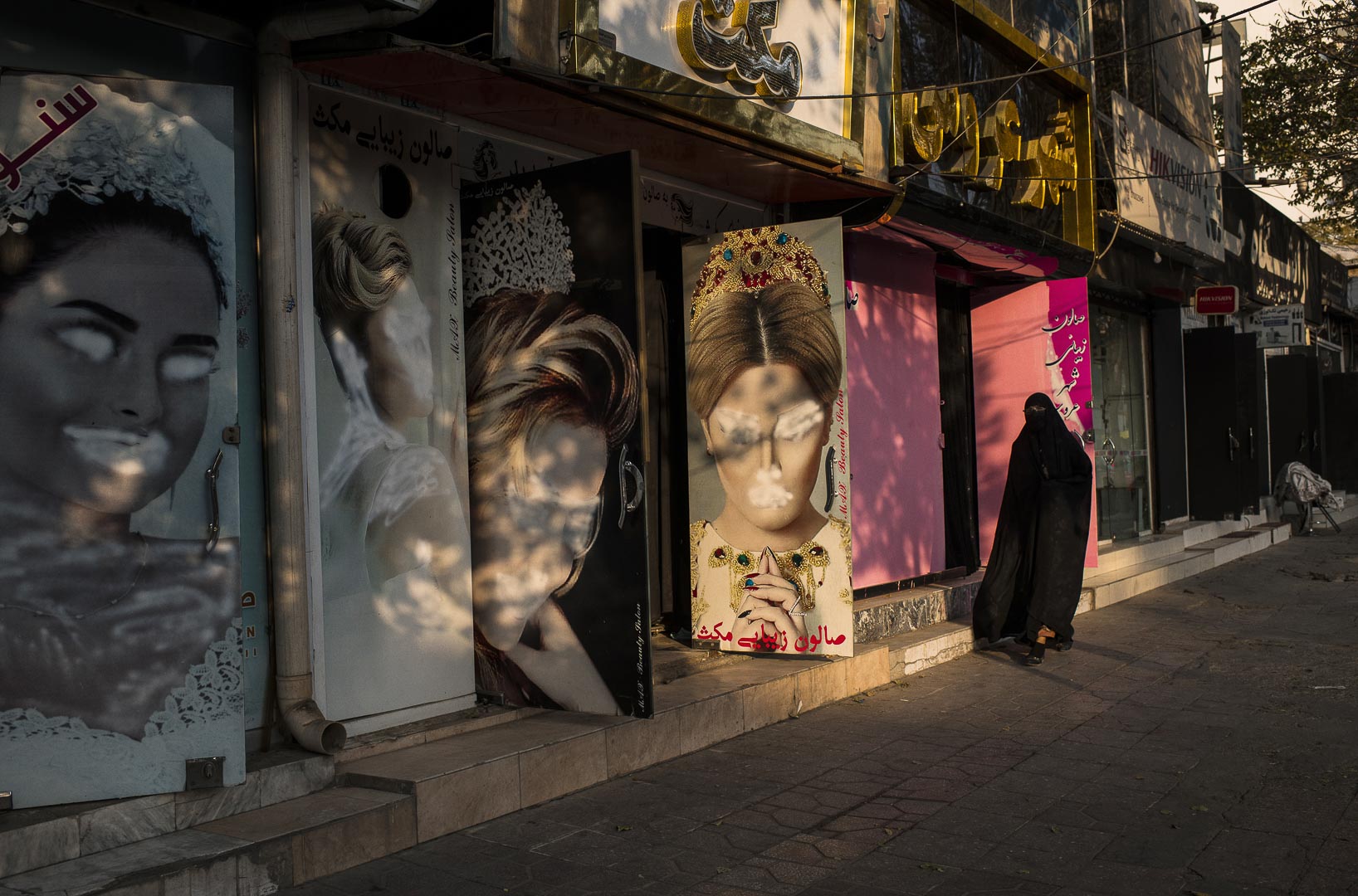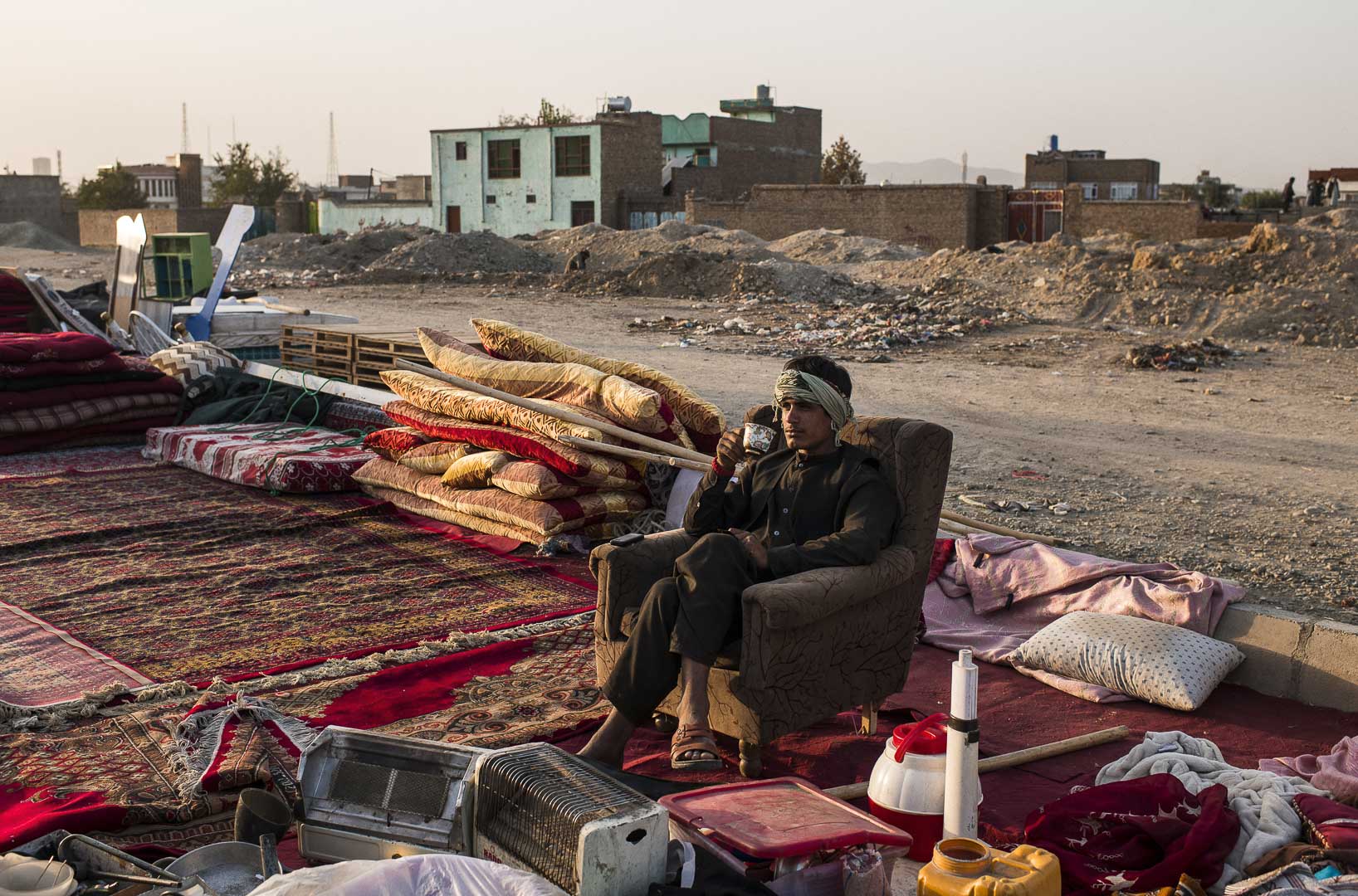Andrew Quilty — A Forever War Ends
Visa pour l’image : Festival International du Photojournalisme
Exhibition at Couvent des Minimes:
From August 27 to September 11, 2022
Meeting at Palais des Congrès :
September 2, 2022 – 12 pm
Based in Kabul from 2013 to 2021, Andrew Quilty documented the news related to the conflict as much as the daily lives of Afghan civilians.
The exhibition traces these 8 years of wary hope and plummeted confidence, of elections and fraud, of attacks, offensives and negotiations, of political instability and withdrawal of international troops… until August 15, 2021, when the Taliban finally reached the gates of Kabul and took power back.
Until the war ends, Afghans would not face a harsher winter than the one that began in 2013. In the city of Herat on Christmas Day, people burned garbage by the side of the highway to keep warm after fleeing the fighting and, ironically, the drought in the outlying rural areas.
But although tenuous, there was still hope. For the first time since the fall of the Taliban in 2001, the 2014 presidential election was to be organized by Afghans, not international actors.
On election day at dawn, rocket explosions echoed through Kabul. The Taliban had promised a bloodbath.
The skies were dark, but voters lined up in the rain, showing patience in the face of inevitable logistical and security threats.
In total, 6.5 million votes were cast and the day was billed as a success.
The excitement, however, was short-lived, and pessimism soon shrouded the country.
When the run-off vote between the two leading candidates resulted in accusations of fraud, an audit was called. Confidence in the Afghan republic plummeted, as did the national currency and foreign investment, while unemployment soared.
At the end of the year, the international military mission handed responsibility for security over to Afghan national security forces.
The Taliban had been biding their time until the better equipped, better trained and motivated foreign forces departed, then quickly went on the offensive. They overran their first major city in September 2015 when they captured Kunduz in the north (…)
In February 2020, after 18 months of negotiations under President Trump, the deal to bring peace to Afghanistan was signed by representatives of the US and the Taliban, in effect signing America’s defeat with the provision for the Afghan government and the Taliban to engage in peace talks of their own, and for international forces to withdraw entirely the following year (…)
In early 2021, after President Biden confirmed that the US would abide by the withdrawal agreement, the Taliban stepped up offensives across the country, overrunning rural districts at great speed as government forces crumbled, many simply laying down their weapons and surrendering.
By early August, Afghanistan’s 34 provincial capitals were all virtually surrounded. With the prospect of a no-holds-barred battle for Kabul, the remaining foreign forces and diplomats hastened their evacuation efforts.
In the end, the Taliban regained power much faster than even they had predicted. It took just ten days for all but a handful of provincial capitals to be overrun by the Taliban. By dawn on August 15, their fighters had reached the gates of Kabul. (…)
_
Andrew Quilty
